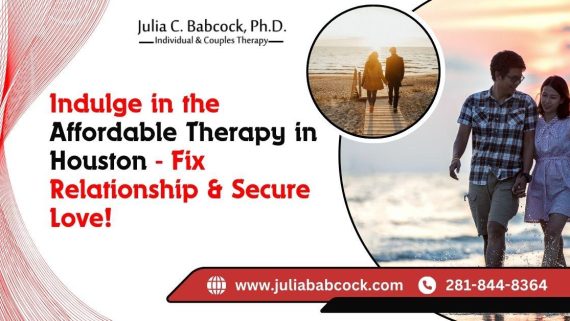In the fast-paced city of Houston, where life moves quickly, and relationships face unique obstacles, the importance of relationship therapy in Houston cannot be underestimated. Relationship counseling provides a ray of hope for couples going through difficult times.
Marriage is not only a union between two people but also a union between two worlds to create a home. All couples indeed try to adapt to the new changes that happen in their lives.
Are you and your partner feeling disconnected? Do you feel that your love language is fading? Conflicts and misunderstandings are a part of everyone’s roller-coaster journey, but giving up is not the solution.
Mental health services are a priority that can’t be neglected, and couple therapy has become particularly sensitive in the busy city of Houston.
Please print and complete these forms prior to our first session.
Intake-Forms-Teletherapy-2While the discovery of an affair is devastating–and we certainly don’t recommend them–ironically, affairs can provide an opportunity for some couples to improve their relationship for the better. If the participating partner is willing to cut off contact with the other lover and talk about what he or she did, felt, and thought, couples therapy can help both the injured and the participating partner repair their relationship and make it stronger. Often, one or both partners finds it easier to give up and divorce rather than expose their own thoughts, hurts, rehash the past and make themselves vulnerable to more pain. However, if both partners are willing to talk, listen and be vulnerable they can recover from an affair and make their relationship so close that there is no room for a third party to encroach. Couples therapy can help rebuild relationships after an affair better and stronger than they were before 
Recommended book:
Snyder, D. K., Baucom, D. H., & Gordon, K. C. (2007). Getting Past the Affair: A Program to Help You Cope, Heal, and Move On. New York: Guilford Press.
 Men-only battering interventions for intimate partner violence (IPV) have had limited success above and beyond the effects of arrest alone (Babcock, Green & Robie, 2004). However current state-mandated treatments for IPV dictate that men-only group is the treatment of choice. Most men-only groups assume unilateral, male-to-female violence, which does not fit at least one-third of court-involved cases and leaves treatment needs of couples experiencing problematic relationship dynamics unmet. Further, most states mandate against ever conducting couples therapy in cases of IPV, at least until the man has completed a men’s group. We believe that there are some conditions where couples therapy may be preferable to men’s battering prevention and intervention groups. These include couples where violence arises from arguments spun out of control, where the woman is also violent, where she is not in fear of her husband. We call this “situational violence.” Considering the underwhelming evidence of effectiveness for current gender-specific groups, we recommend future scientific studies to explore couples or couples’ groups interventions for abusive couples. For a carefully screened subset of couples that experience predominantly “situational violence,” conjoint communication and relationship skills training groups may be a viable alternative to the Duluth model and cognitive-behavioral men-only groups. Until state guidelines loosen so that we can conduct such studies, we are stuck with a one-size-fits-all approach to domestic violence intervention.
Men-only battering interventions for intimate partner violence (IPV) have had limited success above and beyond the effects of arrest alone (Babcock, Green & Robie, 2004). However current state-mandated treatments for IPV dictate that men-only group is the treatment of choice. Most men-only groups assume unilateral, male-to-female violence, which does not fit at least one-third of court-involved cases and leaves treatment needs of couples experiencing problematic relationship dynamics unmet. Further, most states mandate against ever conducting couples therapy in cases of IPV, at least until the man has completed a men’s group. We believe that there are some conditions where couples therapy may be preferable to men’s battering prevention and intervention groups. These include couples where violence arises from arguments spun out of control, where the woman is also violent, where she is not in fear of her husband. We call this “situational violence.” Considering the underwhelming evidence of effectiveness for current gender-specific groups, we recommend future scientific studies to explore couples or couples’ groups interventions for abusive couples. For a carefully screened subset of couples that experience predominantly “situational violence,” conjoint communication and relationship skills training groups may be a viable alternative to the Duluth model and cognitive-behavioral men-only groups. Until state guidelines loosen so that we can conduct such studies, we are stuck with a one-size-fits-all approach to domestic violence intervention.




